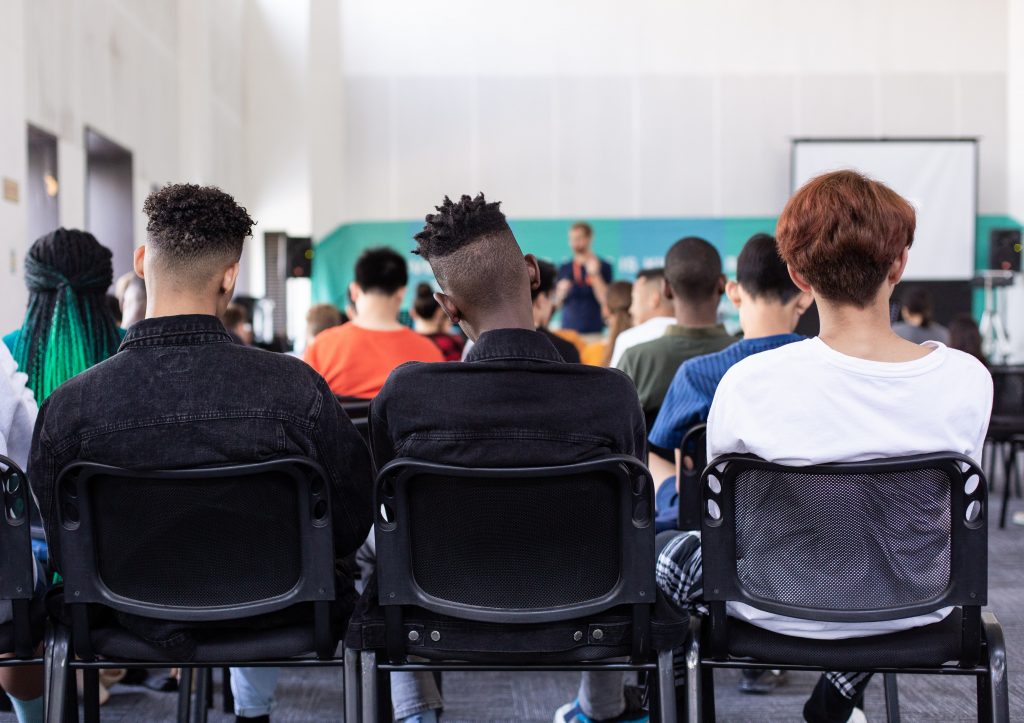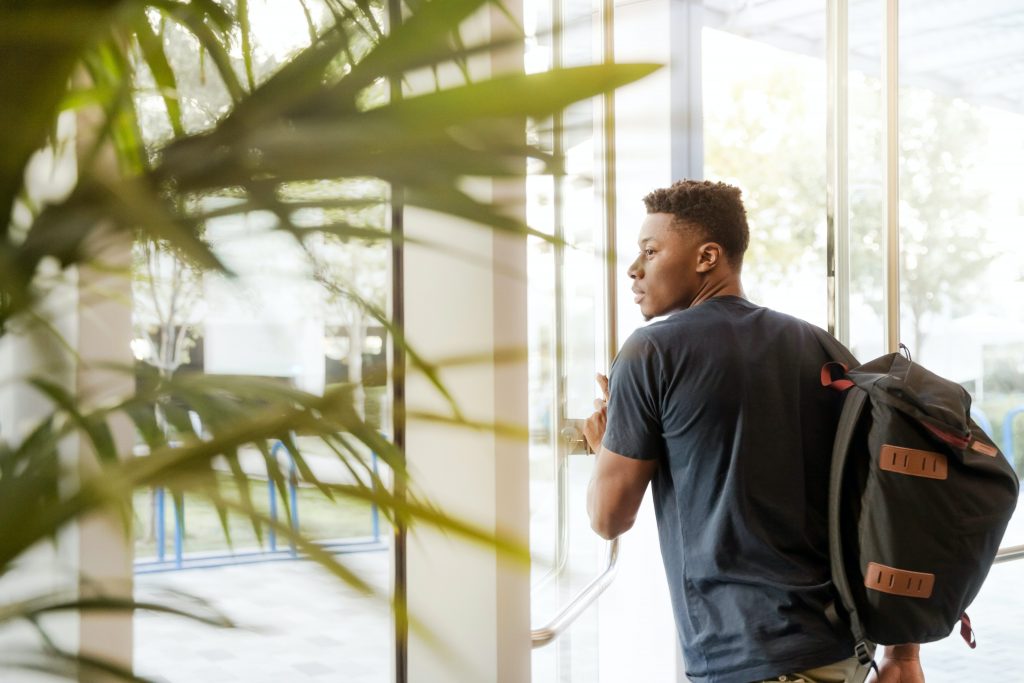Student mental health support: 5 things we’ve learnt this academic year

May 23 2022
The end of the academic year presents a flurry of activity for colleges and universities. As exams end and final coursework is submitted, those involved in student services in colleges or on campus are taking the time to review the year’s successes and challenges, as well as the student support strategy for the coming year.
Some common questions might include:
- How do we cater to diverse needs in mental health beyond counselling?
- How can we get the wider population to take a proactive approach in managing their mental health earlier?
- Are there any ‘gaps’ in our student mental health support strategy, such as providing somewhere to go out-of-hours?
As institutions reflect on the year and think ahead to counselling and wider wellbeing needs for the academic year ahead, the education team at Togetherall shares some learnings and highlights from our work in both the UK and US.
1. Identify the risks in supporting student mental health
External mental health service providers you may work with, digital offerings included, have a role to manage and support people at-risk. Knowing the approach to risk management and crisis intervention for the services you are offering will help you to equip the right tools to mitigate them.
During the year, Togetherall’s Chief Clinical Officer and a founder of the Penn State Centre for Collegiate Mental Health in the US, Ben Locke Ph.D., discussed in a blog the risks to consider when adopting digital mental health services and ways these can be mitigated them.
2. Have safeguarding processes integrated into your support plan
In addition to assessing the approach to risk for your external service providers and digital tools, it’s important to make sure that the safety measures in place to best protect students, especially those most at risk, are joined up with your college or university’s wider safeguarding procedures.
Togetherall discussed what educators can learn from the COVID-19 pandemic in the context of student safeguarding and changing priorities in wellbeing at the NAMSS (UK) annual conference.
3. Providing support mechanisms earlier could prevent issues from exacerbating
Students and young adults go through a lot of change during their time in education that can put a strain on their wellbeing and resilience.
Having somewhere to go, especially an outlet where they can speak to others quickly while a problem is emergent could help reduce the risk of issues from forming or progressing. It’s why early intervention should be a key tactic in any support strategy.
In a blog written for Togetherall in North America, Dr. James Lyda discusses how early intervention and normalising help-seeking behaviour is critical in empowering students to reach their academic learning potential.
4. Take a proactive approach to increase uptake of services from students
Implementing additional mental health services, especially delivered via easy-access digital means, is a great way to enhance the support to your students. Making sure that students are fully aware of these services and engaged, however, takes planning and consideration. Critical to driving usage is thinking through the best way to promote and position the benefits and relevance of those interventions.
Togetherall recently produced a best practice guide for UK universities that focuses on key areas to boost engagement, such as communications and stakeholder awareness.
5. Utilise communities and peer support to reach more students
Peer support gives students a place to connect with others who understand and have shared their lived experiences. It is a proven route for providing advice and information to people whether they’re waiting for treatment, need an extra layer of support, or simply have no other place to go.
But peer support models, whether digitally enabled on on-campus, are also useful to reach more students, support a greater range of needs and deliver an ‘earlier’ intervention. It is also a great model for inclusion in taking a ‘whole university’ approach to mental health.
To hear the value of peer support from a student perspective, Active Minds President at the University of Portland and Crisis Text Line counsellor Kaylee Menefee discusses how shared experiences have impacted her in a guest blog post.
Partner with Togetherall to support your students in the next academic year
Togetherall is committed to helping the 250+ academic institutions that partner with us to best support their student base during the academic year and beyond – no student should have to go through anything alone.
Book a demo to see how our clinically managed peer-to-peer support platform can be integrated as part of your student support strategy for next year.








